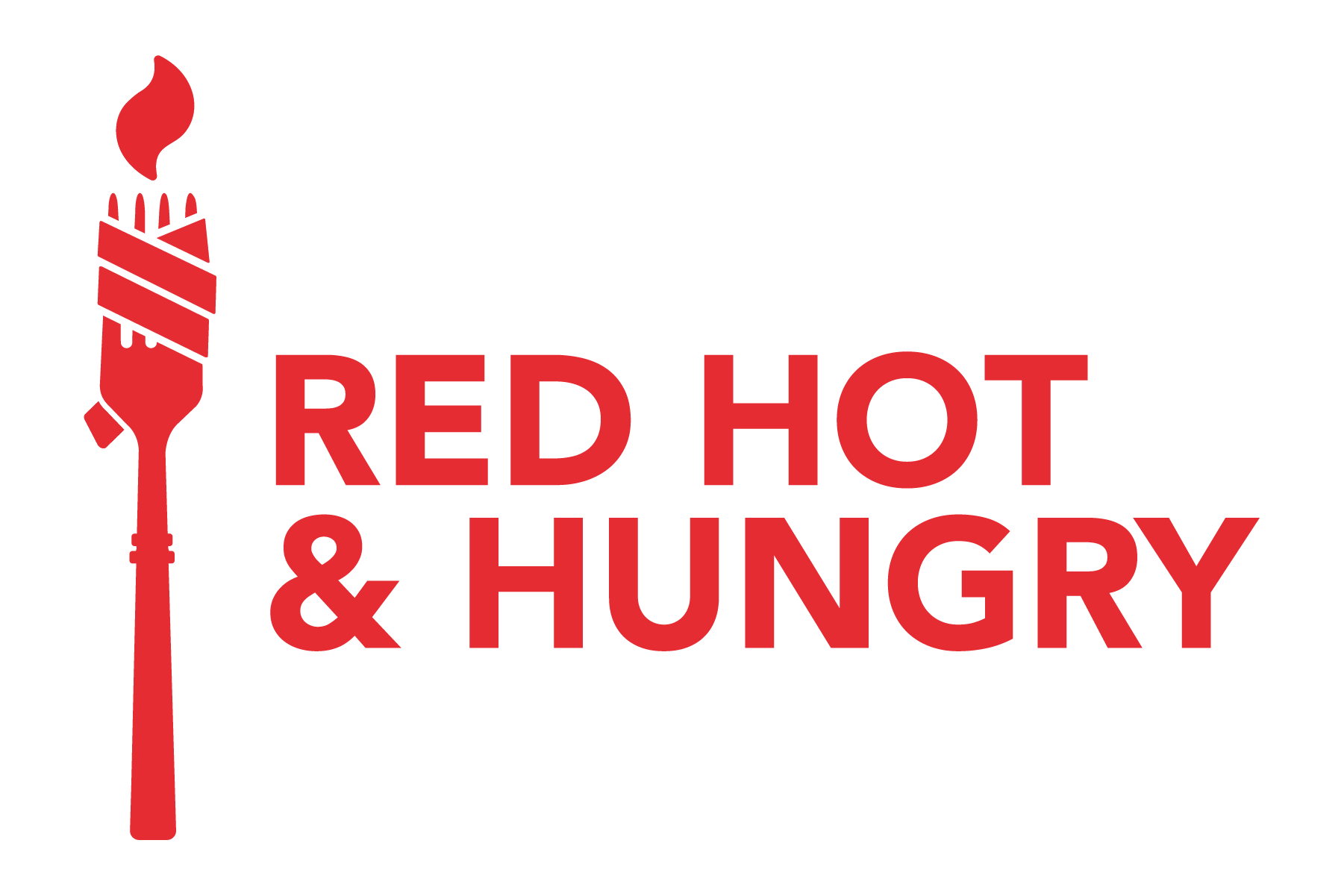
The new craft beer: An inside scoop on the growth of an emerging market
“Craft beer has totally saturated, plateaued. Alcohol, craft cocktails, that kind of thing…CBD is the next wave of that now,” says Will Barker, manager of alcohol production and quality assurance at Denver-based Rocky Mountain Soda Company.
He’s also my six-foot-seven red-bearded former-football-playing-fun-loving brother.
“Whatever your degree of association with it is, people are going to jump in on it. It’s a band wagon thing.”
Cannabidiol, more commonly known as CBD, is one of more than a hundred compounds found in the cannabis family of plants of which hemp and marijuana are members. The new “it” ingredient is enjoying a wave of popularity thanks to recent legislation legalizing hemp production in the United States.
And Will doesn’t think that wave will crest.
CBD consumption is associated with the medicinal aspects of cannabis without its characteristic high. The symptoms and conditions it may alleviate are near as numerous as the ways it may be consumed.
Rocky Mountain Soda company makes CBD seltzers and sodas—under the brand names Dram and Colorado’s Best Drinks—as well as beauty drops, bitters and switches. In each 12-ounce can of Dram sparkling seltzer, 20mg of CBD extract is paired with adaptogens like amla berry, rhodiola root and chaga mushroom for a sip “that may” reduce inflammation, promote immunity support, increase resilience to stress and aid nausea caused by travel or hangovers.
All CBD products—and the list is a long one—are prevented by the FDA from making such claims explicit, but many who consume believe in the benefits regardless of what regulators maintain.
The grey area into which CBD falls derives from a lack of understanding about how it differs from tetrahydrocannabinol, or THC, which is the primary psychoactive compound in cannabis plants. CBD is non-psychoactive, and the CBD flooding today’s marketplace is derived from hemp, rather than marijuana. While both plants contain CBD and TCH, they do so in varying levels. TCH levels are so low in hemp that the plant does not have psychoactive properties.
The lack of distinction made hemp a target for legislation regulating its cultivation, production and consumption throughout the 20th century. The 2018 Farm Bill removed hemp and hemp-derived CBD from the list of controlled substances, ushering in the boom in production.
In 2014, 1,811 acres in Colorado were dedicated to industrial hemp production. As of May 29, 2019, the number climbed to 80,000—a 4,317% increase—according to figures from the Colorado Department of Agriculture.
“You can take it topically. You can ingest it. You can inhale it. You can eat it, smoke it, rub it on yourself. You can bath in it. You can put it into a powder…” Will lists the ways CBD can be consumed in a way that calls to mind Bubba from Forrest Gump and I picture a montage of Will at work—operating machines, performing quality inspections, packing bottles—while naming endless possibilities. It’s only at the end of the day, as he pauses by the coat rack to grab his jacket, that he’s exhausted the list.
Will believes this catalog of options, along with the numerous symptoms and conditions CBD can remedy, are an indication of the market’s potential. Projections put CBD at a $5 billion industry by the end of 2019, a 706% increase over 2018.
“It’s not like alcohol where the more you drink, the more you get drunk. Whatever your condition is or whatever you are trying to fix or treat, the more CBD you take the more it will help.”
Legislation will be the biggest hurdle for businesses looking to operate in the space. Until the distinction between CBD and THC and hemp and marijuana is more widely understood, the association of the former with the latter will continue to limit opportunities and access.
Currently, most credit card companies won’t do business with CBD companies and online advertisers won’t run ads featuring CBD products. Inconsistencies abound as regulation on issues such as these are handled at the state level—there are even a few that have yet to decriminalize CBD despite the 2018 Farm Bill.
Living in Colorado, at the center of this movement, Will conveys the momentum behind and enthusiasm for CBD throughout our interview. It will be interesting to see if the market continues its upward trajectory and CBD becomes commonplace on supermarket shelves or if—hampered by uncertainty and regulation—it turns out to be just another craze, here today and gone tomorrow.
- For more information about Dram, the CBD seltzers mention above, click here.
- For more information on my brother’s artistic stylings, click here.

Comments